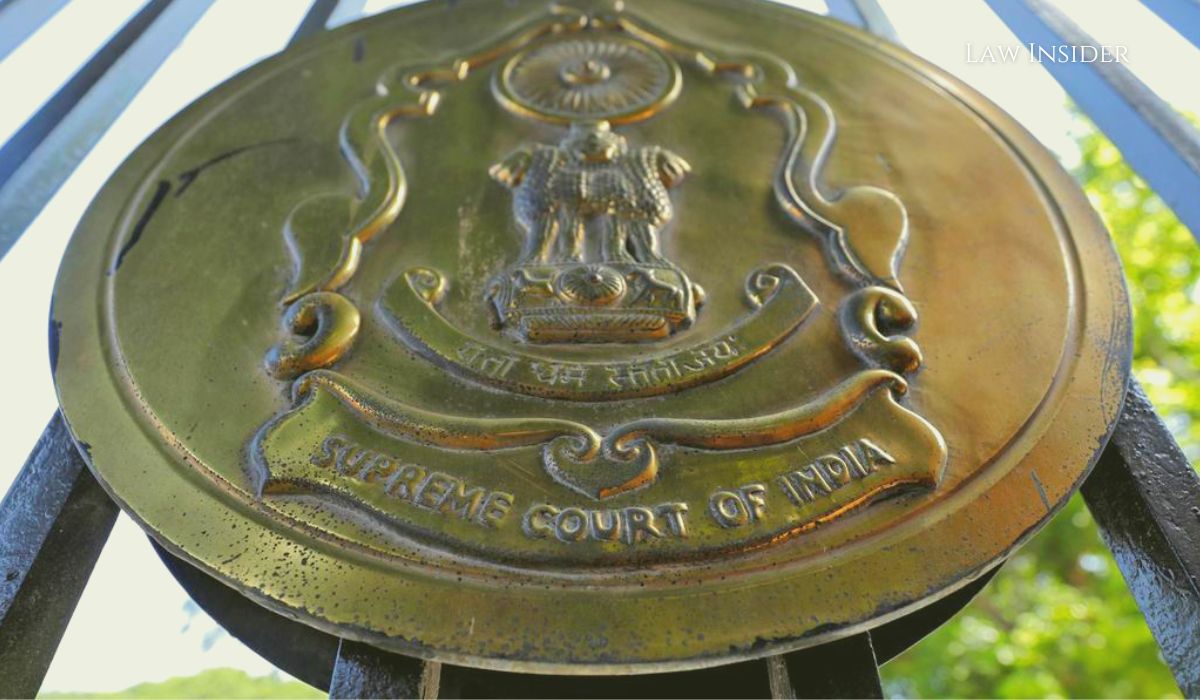Sakina Tashrifwala
Published on: October 26, 2022 at 18:20 IST
The Supreme Court recently overturned a Bengal sweetmeat shop owner’s conviction for allegedly selling adulterated paneer because there was no “whisper in the complaint or in the evidence” as to whether the deviation from prescribed standards or composition could be attributed only to inescapable natural causes.
To put it another way, in order to secure a conviction for adulteration under the Prevention of Food Adulteration Act of 1954, the Public Analyst, whose opinion served as the basis for the prosecution, had to determine whether the proviso to the definition of ‘adulteration’ in Section 2(ia)(m) would be invoked.
This provision enshrined an exception for ‘primary food’ insofar as their quality or purity fell below the prescribed standards or their constituents were present in quantities exceeding the prescribed limit of variability “solely due to natural causes” and this departure was beyond “the control of human agency,” such articles of food would not be considered adulterated.
Allowing the sweetmeat shop’s appeal, the Bench of Justices S. Abdul Nazeer and V. Ramasubramanian observed that the Public Analyst’s report did not address issues such as whether the increase in moisture content in the paneer was due to natural causes, or whether the milk fat content was unsatisfactory due to milk quality.
As a result, the complaint filed against the shop under Section 16(1)(a)(i) was deemed unsustainable. The court decided –
“There was no hint in the complaint or evidence that the case would fall under the proviso.” For example, the Public Analyst’s report states that the moisture content was 77.6%, which is higher than the prescribed limit of 70%.”
“However, there is no indication of whether the increased moisture content was due to natural causes. Even the milk fat content of the dry matter may be affected by the quality of the milk, which was not addressed.”
Before proceeding to the Supreme Court, and after an appeal was dismissed by the Sessions Court, the High Court’s revisional jurisdiction was invoked to examine the correctness of the Municipal Magistrate’s conviction.
The conviction was upheld by the Calcutta High Court, but the sentence was reduced.
The Supreme Court took a completely different stance on the conviction itself, ruling –
“We believe that a petty shop owner has been prosecuted for making a big deal out of nothing. As a result, the appeal is allowed, and the impugned High Court order confirming the Sessions Court’s and Magistrate’s orders is reversed. There shall be no cost order.”

